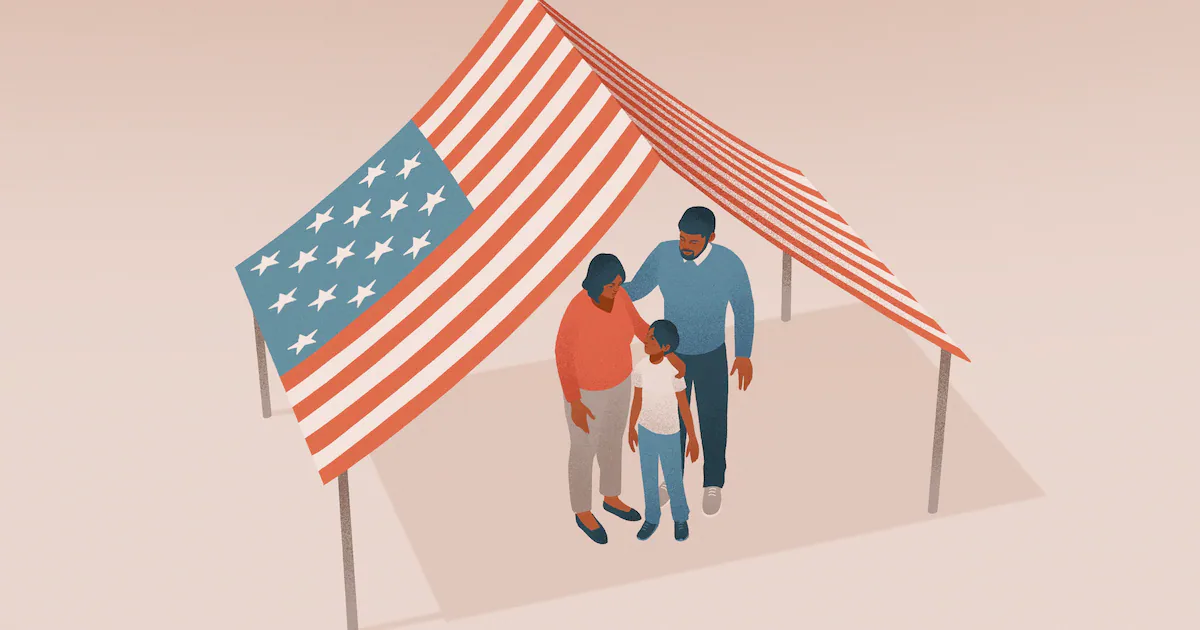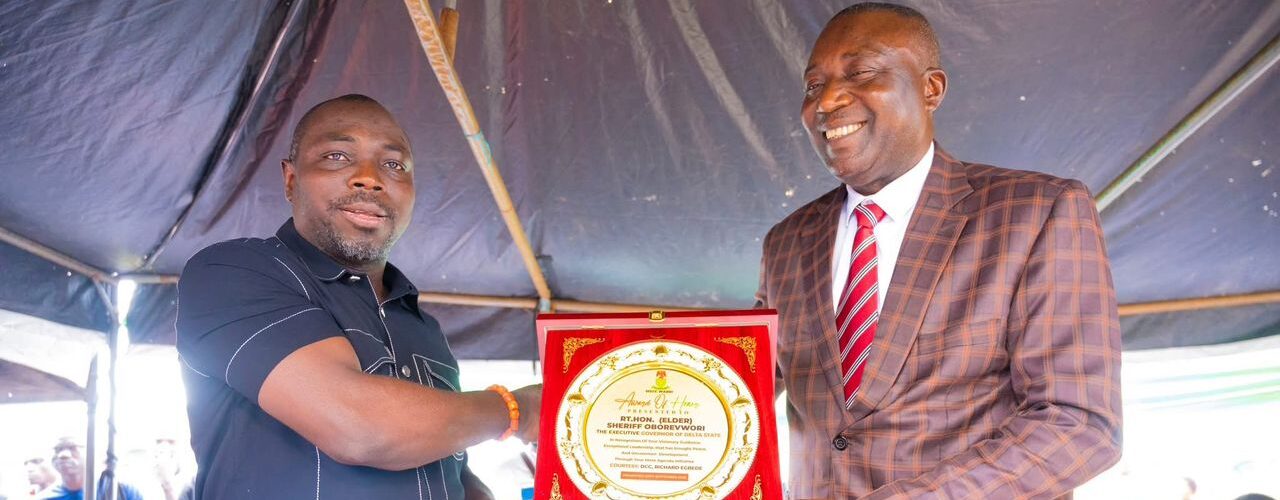
GEORGETOWN — South Carolina played a crucial role in the Revolutionary War, and the Georgetown County Library doesn’t want the public to forget it.
The library is creating “A Glorious Cause,” an education initiative highlighting the Palmetto State’s contributions to the war. The project coincides with the 250th anniversary of the country’s founding, and it will showcase colonial and post-colonial life, including literature, art, music, dance and cuisine, according to library officials.
“Part of the reason we’ve been so ambitious is we just came off of celebrating the 225th anniversary of the library itself,” Library Director Dwight McInvaill said. “A lot of the men who served with Washington, Francis Marion and others during the Revolution were the founding members of our library society here in Georgetown, which of course led to our public library today.”
The initiative, “A Glorious Cause: South Carolina and the American Revolution,” will feature 15 free public educational presentations, with three programs being held at each local library site. The presentations will start in January.
The library will host a free special museum exhibit next June and July from the South Carolina State Museum called “The American Revolutionary War in South Carolina.”
And it plans to purchase 1,000 new adult nonfiction books starting in October that will be distributed among the county’s five library sites. The books will focus on the Revolution, on South Carolina’s contributions and on colonial society.
The library recently secured a $39,300 grant to help cover most of the project costs. Part of the grant funding will also be used for an AI-powered tool, which will transcribe archived videos of historic interviews for the Georgetown County Digital Library. The grant was awarded by the Institute of Museum and Library Services and is administered by the S.C. State Library, according to library officials.
During the Revolutionary War, South Carolina was the site of hundreds of military actions, skirmishes and battles, including the Battle of Camden in 1780 and the bombardment of Georgetown in 1781.
The state also saw significant victories, like the Battle of Sullivan’s Island in 1776. This battle led the British to pull troops out of the Charleston area and move north until the army’s return to Charleston in 1780.
Palmetto-born figures from the era included Brigadier General Francis Marion, Col. Peter Horry and four signers of the Declaration of Independence.
One of the signers, Thomas Lynch Jr., was born in Prince George’s Parrish in Georgetown County, according to the National Archives. The Lynch family owned Hopsewee Plantation, the rice plantation south of Georgetown. His father, Thomas Lynch Sr., had attended the Continental Congress in Philadelphia and helped draft the Declaration, according to the Georgetown 250 Commission.
Two months after the war broke out, George Washington delivered an address to the Second Continental Congress in 1775. In it, Washington described the revolution as being “the glorious cause,” according to the National Archives.
McInvaill said the library named its new initiative after that phrase because the project’s mission can be seen as its own important cause.
“There is a link between a foundational ignorance of American history going hand-in-hand with a decline in civic knowledge and engagement,” McInvaill said, citing studies that make this connection.
Also, amid an increasingly divided nation, he said he thought it was important to celebrate a time when Americans came together for a common cause.
“(The revolution) was truly a turning point, and it seeded the establishment of democracies across the globe,” McInvaill said. “It’s an incredible idea that ordinary men and women could come together, form a government and then insist that their leaders do what they want. We can press for certain actions to happen, and we can work together in a civic manner to make our society go forward in a positive way.”
For Corinne Hoch, secretary for the S.C. American Revolution Trust, this issue hits close to home. Hoch lives in Murrells Inlet and grew up in the Carolinas. She is also part of the National Society Daughters of the American Revolution and the Georgetown 250 Commission.
Some of the wartime events she remembers learning about in school included famous ones north of South Carolina, such as the Boston Tea Party and the battles of Lexington and Concord, Bunker Hill and Yorktown.
But she didn’t hear about South Carolina’s battles or about how there were other “Tea Party” protests along the East Coast before the war broke out. Other protests happened at the ports in Georgetown and Charleston before and after Boston’s protest in 1773.
Teaching young people about these events is vital, she said.
“These men who fought in the American Revolutionary War, they fought because they meant it,” Hoch said. “They wanted to be able to make their own decisions, to represent themselves. They put their lives on the line. They put their families’ lives on the line. They were fighting here to protect themselves, their families, their crops, their stores, their ports, their children to-be. … We should never take anything for granted.”



